Before recently making the transition from academia to writing, molecular biologist Aaron Hirsh ’94 taught at the University of Colorado-Boulder and Stanford. For 10 years he and his wife, biologist Veronica Volny, annually took students to Mexico’s Sea of Cortez for a summer field course in ecology and evolutionary biology. These expeditions are compressed in an almost novelistic way into a single summer’s events in Hirsh’s lyrical new book, Telling Our Way to the Sea: A Voyage of Discovery in the Sea of Cortez (Farrar, Straus and Giroux), in which the professor discovers as much about human nature as about the natural world.
The book blends two distinct stories: one about the exotic wildlife and fragile ecology of this desolate, wind-whipped region of western Mexico; the other, the lives and outlooks of the young students whom Hirsh gets to know well. He details discussions the students have about mankind’s role in the natural world, some of the most profound having been inspired by Princeton historian of science D. Graham Burnett ’93, “who filled the role of eccentric genius” on several trips, Hirsh says.
When a false killer whale — a type of dolphin — threatens to attack a boat filled with students, Hirsh describes not only the animal’s enigmatic behavior but the reactions of the undergraduates, and he narrates the lively conversations the young people subsequently had about what they had just seen; one student asked, “Don’t you think you’re being sort of anthropomorphic?” On a smaller scale, a startling encounter with a brown sea cucumber — which partially explodes as a defense against predators — turns into “something they could talk about for days,” Hirsh says: “its evolution, its demise ecologically” as overfishing causes a decrease in its numbers.
Amid all the lively human interplay that Hirsh describes, his students observe unmistakable signs of ecology in crisis. Again and again they realize that fisheries are in steep decline, with once-abundant species lately wiped out. A major culprit, Hirsh believes, is the diversion of the Colorado River to American farms and cities so that it no longer feeds the Sea of Cortez with fresh water. So cataclysmic is the decline that Hirsh writes about the impending “end of nature” in that region as a “spiral of decay” inexorably wipes out whole ecosystems.
Ultimately Hirsh wants his readers to think about nature in a new way — not just as a place for solitary retreat in the manner of Thoreau but as an arena “where you can be with people. Science allows us to do things with each other that are revealing of who we are,” he concludes. As we witness ecological collapse, hope lies, he believes, in intense discussions about the importance of the natural world to all of us.


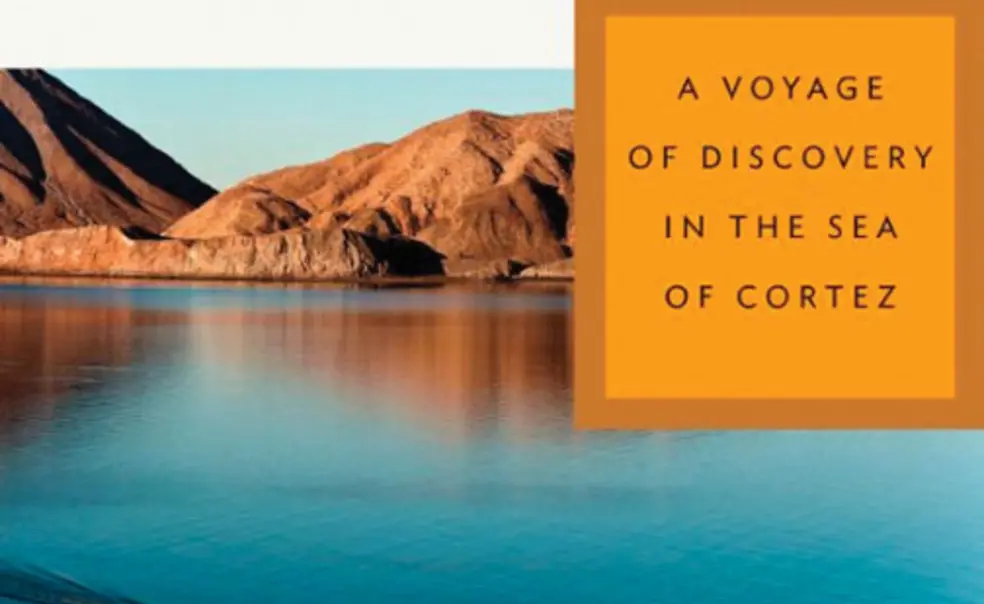
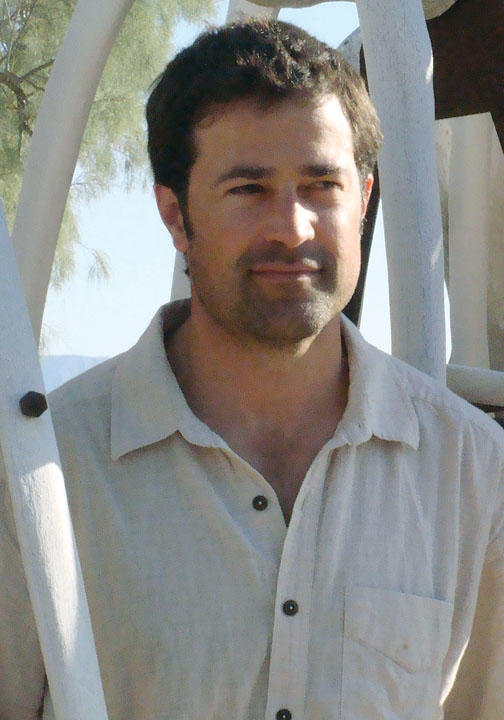
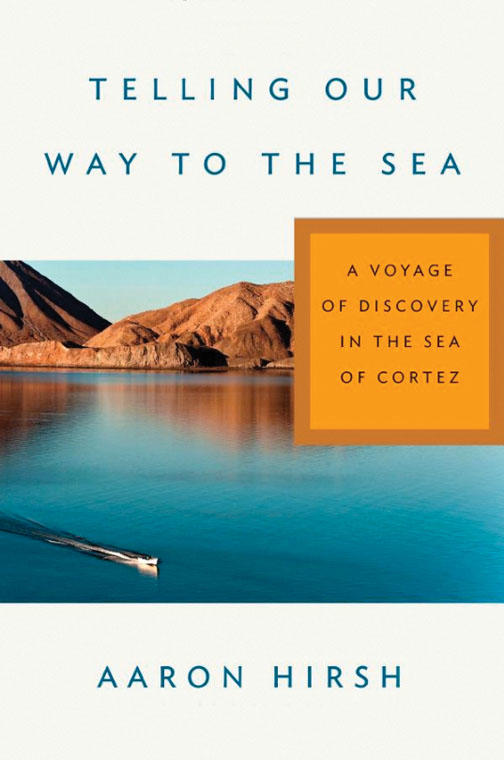




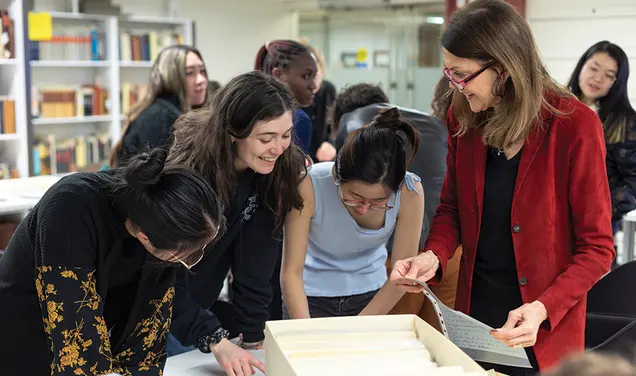
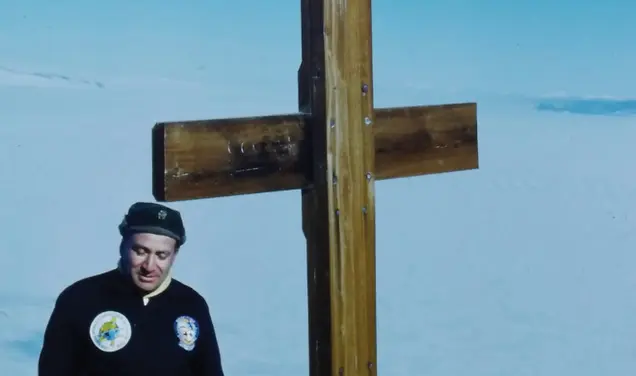

No responses yet